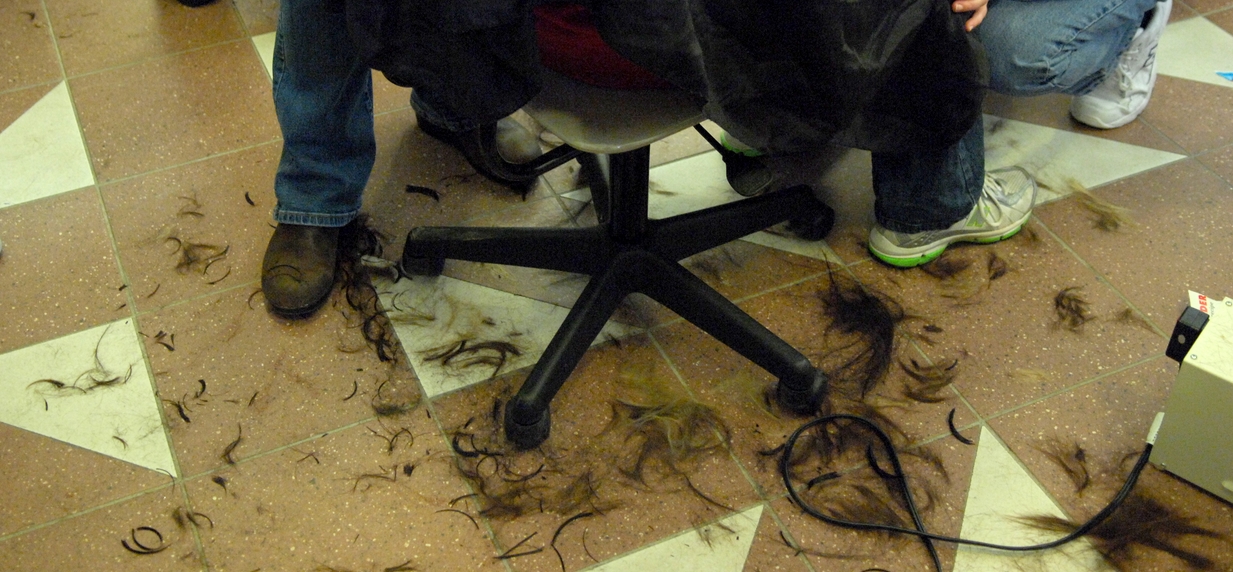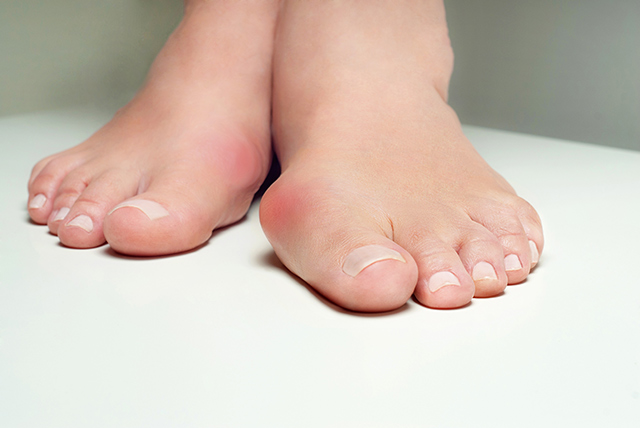FACT: Most breads contain human hair sourced from China
02/12/2016 / By Tara Paras

Do you really know what’s in your food?
If you take time to read the label on your loaf of bread, you’ll usually see L-cysteine listed there as an ingredient. L-cysteine is a non-essential amino acid added to many baked goods as a dough conditioner in order to speed industrial processing. While it’s not typically found in flour intended for home use, this ingredient is widely used in commercial bread, such as pizza dough, bread rolls and pastries.
While its description might seem innocent enough, did you know that most of the time, L-cysteine is extracted not from a laboratory, but from the world’s cheapest and most abundant natural protein source — human hair.
According to Natural News, “the hair is dissolved in acid and L-cysteine is isolated through a chemical process, then packaged and shipped off to commercial bread producers.” Aside from human hair, L-cysteine could also be extracted from chicken feathers, duck feathers, cow horns and petroleum byproducts.
If this isn’t shocking enough for you, did you know that most of the human hair used for the production of L-cysteine are gathered from the floors of barbershops and hair salons in China?
The thought of eating dissolved human hair is already quease-inducing in itself. And while most Westerners have no principled objections to doing so, Jews, Muslims and others with religious restrictions on food might find the thought of consuming hair-derived L-cysteine even more revolting, to say the least. The fact that much of L-cysteine comes from China — where manufacturing practices are often put under question — poses an even greater concern to all consumers.
Learn more surprising, true facts about food, beverages and food ingredients by reading 25 Amazing Facts About Food, a report authored by Mike Adams, the Health Ranger, and David Gutierrez. Download the full report (FREE) by clicking here.
Source used:
Tagged Under: bread, bread production, China, food, health, Health Ranger, human hair, L-cysteine, Mike Adams




















